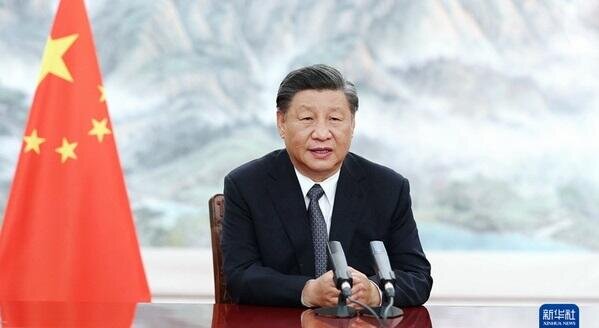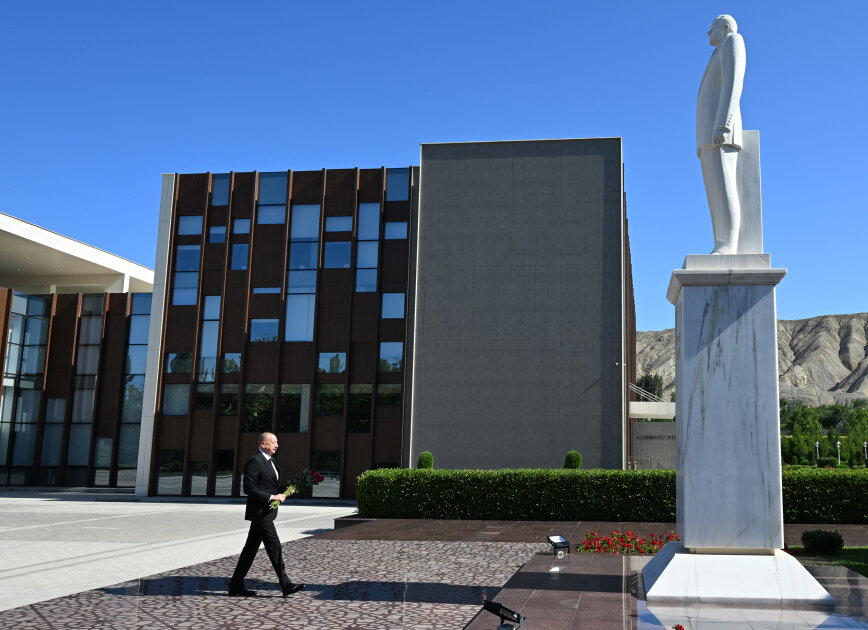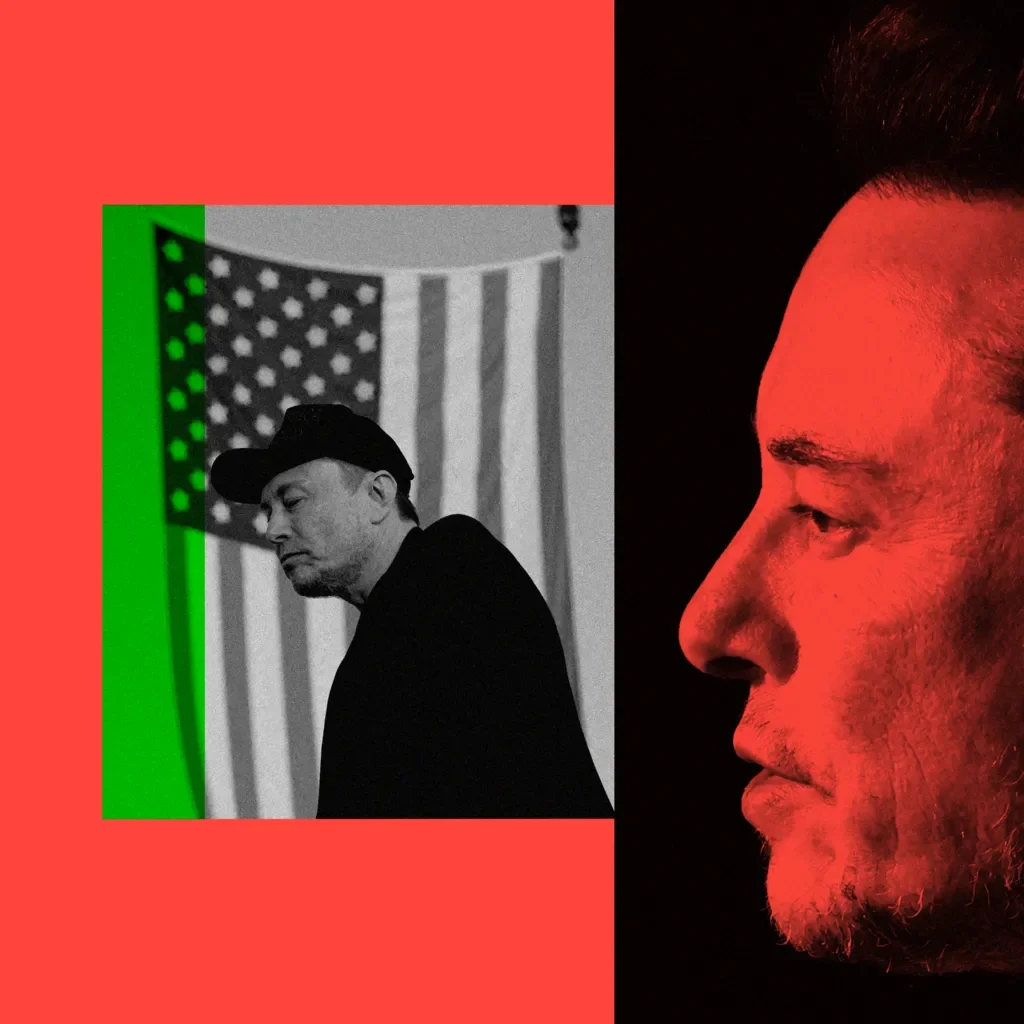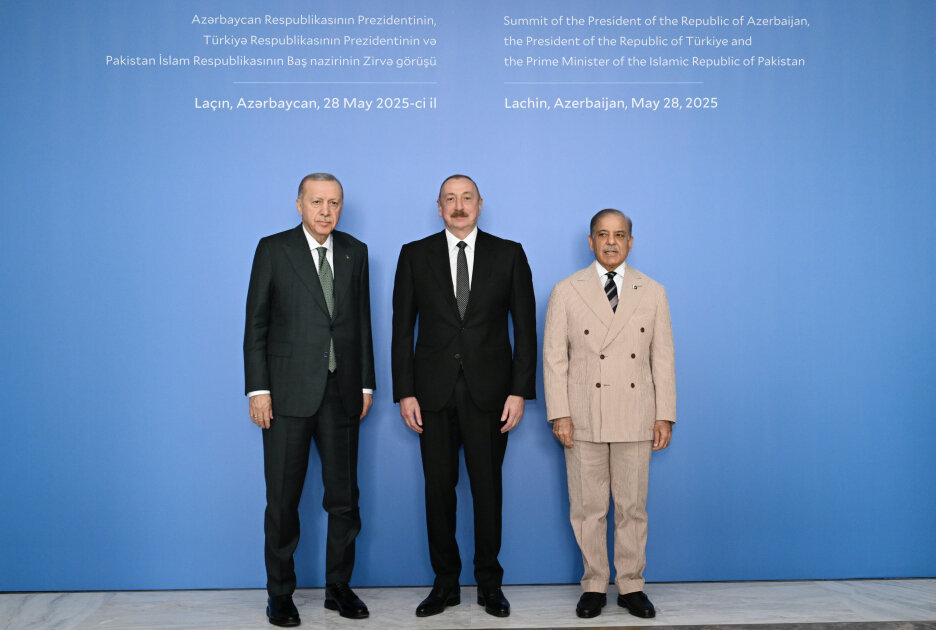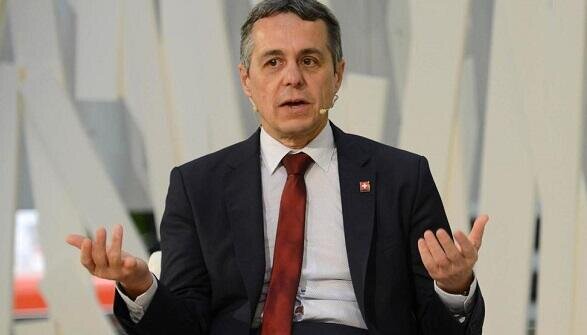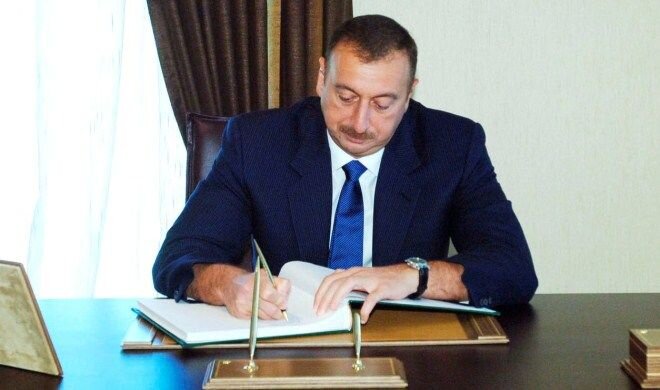Mercedes sees profits slump by more than half amid US tariff turmoil
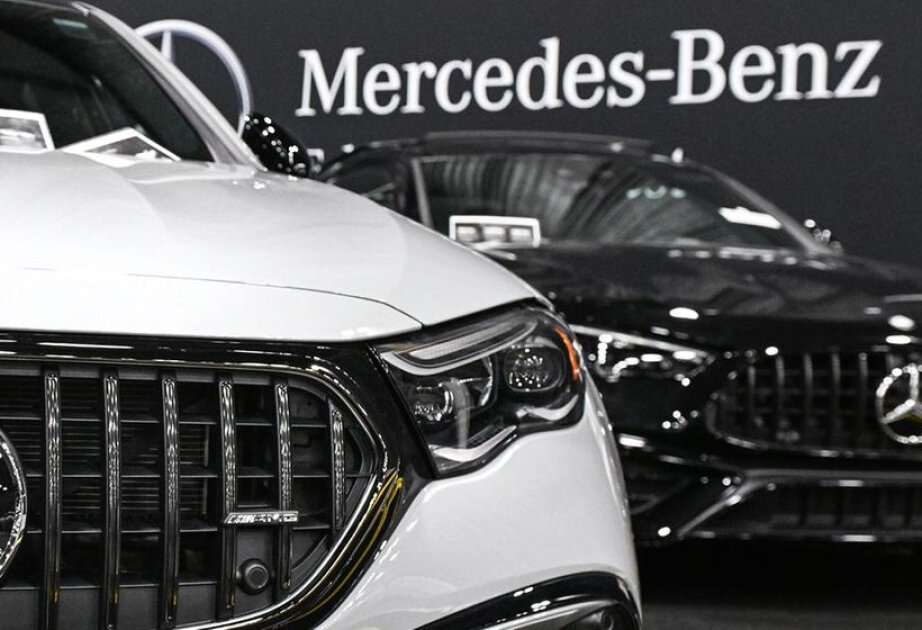 Mercedes-Benz said in an earnings update on Wednesday that its net profit had plummeted from €6.1 billion to €2.7 billion in the first half of 2025, a 56% year-on-year drop, according to Euronews.
Mercedes-Benz said in an earnings update on Wednesday that its net profit had plummeted from €6.1 billion to €2.7 billion in the first half of 2025, a 56% year-on-year drop, according to Euronews.
It added that, in the second quarter alone, net profit dropped by an even greater 69%, while revenue was down 10% year-on-year. EBIT (earnings before interest and taxes) and earnings per share have both fallen by a staggering 68%.
While profits were dented by one-off costs linked to the firm's "Next Level Performance" cost-cutting plan, Mercedes is also contending with higher tariffs imposed by the US administration.
Amid trade uncertainty sparked by President Donald Trump, the German carmaking powerhouse predicted that US tariffs would knock €360 million off its bottom line, with the company predicting 2025 sales well below last year's total.
Another problem for Mercedes is slumping quarterly sales in China — normally Mercedes’ biggest market. This total fell by nearly 20 % year-on-year as domestic electric car brands got cheaper and more popular.
To soften the hit, Mercedes plans to lean even harder on its top end models and keep costs tight. In other words, it hopes that bigger margins on luxury vehicles will offset the smaller number of cars it expects to sell.
“Mercedes-Benz Group now sees Group revenue significantly below the prior-year level based on lower sales expected at Mercedes-Benz Cars and Mercedes-Benz Vans,” the company said in a statement.
For most of this year, European-made cars were imported into the US at a tariff of 27.5%, but after the most recent deal struck between European Commission President Ursula von der Leyen and US President Donald Trump, they will be imported at 15% starting on Friday.
Europe’s automobile sector directly and indirectly employs a whopping 13.8 million people, providing one in every 16 EU jobs. This makes it the backbone for a large share of household incomes across the bloc, especially in the regions where auto manufacturing hubs are located.
Mercedes-Benz CEO Ola Källenius said the firm would have to navigate the altered political environment in the near future by selling more luxury cars and investing in innovation.
“We’re adapting to new geopolitical realities by using our global production footprint intelligently and by executing our Next Level Performance programme, which goes beyond efficiency measures, to increase the resilience of our company,” CEO Ola Källenius said in a statement.
Specifically, the mid-year report highlighted the pivot to research and development (R&D) to create new products and technologies.
Carmakers pour about €73 billion annually into R&D, more than any other private sector in Europe. Their breakthroughs then often spill into other sectors, such as batteries, robotics and AI.
“The best response is to stay on course to deliver desirable and intelligent products, while keeping a tight grip on costs,” Källenius continued.
Mercedes cars have a strong brand identity and loyalty among consumers who were drawn to their robust engines and high-end, sleek designs, citing reliability and durability.
The company is a top-five player in the global carmaker ranking in terms of revenue, along with two other German companies, Volkswagen and BMW. In the luxury market, it ranks second globally behind BMW.
Motor-vehicle ownership taxes alone inject roughly €428bn a year into EU treasuries, a revenue stream that is critical for public services and larger than the entire annual EU budget.



